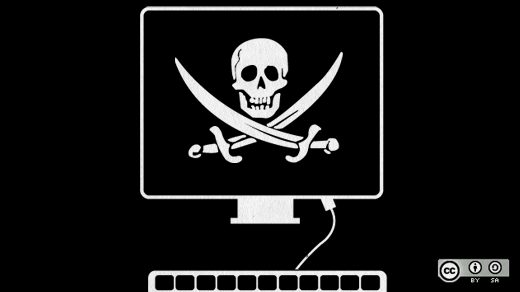If you use open source, you have no respect for intellectual property. Or at least, that’s what the International Intellectual Property Alliance seems to think. According to this article, the lobbying group is asking the US Trade Representative to put Indonesia on its "Special 301 Priority Watch List,” in part because of its policy encouraging the adoption of open source software by government agencies. The Watch List is essentially a blacklist of countries that the US believes do not adequately protect copyright or other intellectual property rights. The US then puts pressure (or bullies, depending on your point of view) the countries on the list to adopt more stringent IP enforcement practices.
In regards to Indonesia’s open source procurement policy, the IIPA states:
Rather than fostering a system that will allow users to benefit from the best solution available in the market, irrespective of the development model, it encourages a mindset that does not give due consideration to the value to intellectual creations. As such, it fails to build respect for intellectual property rights and also limits the ability of government or public-sector customers (e.g., State-owned enterprise) to choose the best solutions to meet the needs of their organizations and the Indonesian people. [note: emphasis mine]
I can understand the IIPA’s concerns about market competitiveness when a government states a technology procurement preference. But I take issue [BIG ISSUE!] with the notion that open source software isn’t an intellectual creation, or that using or preferring OSS means that one does not respect intellectual property rights.
This is just one of many attacks that try to equate open source software with software piracy and an overall lack of respect for copyright law. And it’s rhetoric that we, as open source advocates, need to quash. Sometimes we even have to educate our own people. The chairwoman of the Indonesian Association of Open Source (AOSI), said in an interview a few months ago “[P]eople have two options: either to pay for licensed software or go open source.” I’m hoping she was misquoted.
Open source is licensed software. It is intellectual property. The difference is merely how the author chooses to exercise his intellectual property rights, generally allowing users the freedom to redistribute, copy, and/or modify the code under a specific license. Piracy violates the copyright and terms of that license, just as it does when talking about proprietary software.
A government (or any consumer, for that matter) that chooses to use OSS should not be accused of failing to respect or value intellectual creations or property. Equating them with software pirates is a low blow. Arrrrrgh.







18 Comments